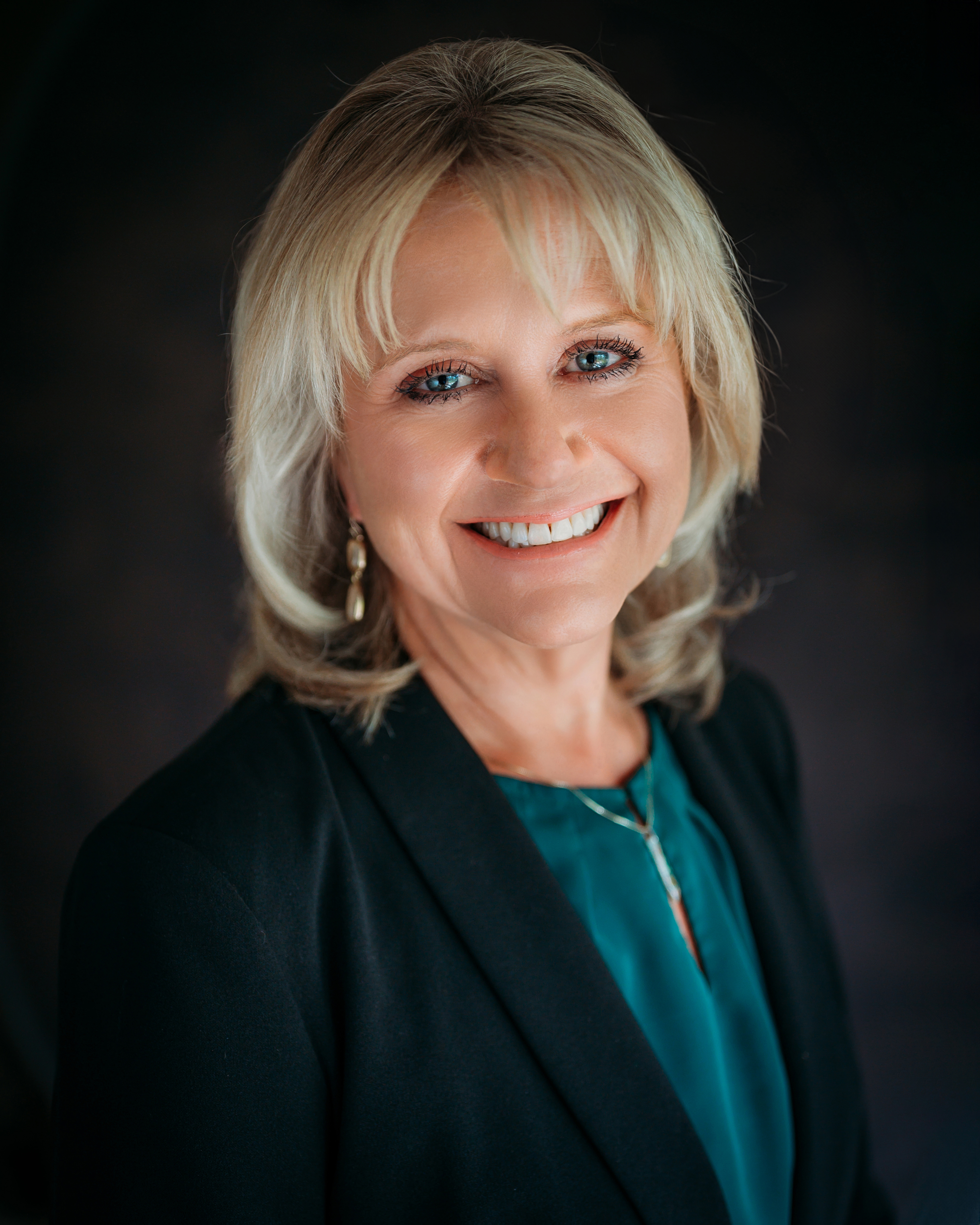 Michigan State University, like many large institutions, faces challenges integrating thoughtfully created university learning goals across campus to support students holistically. Student feedback consistently reveals their difficulty navigating our complex institutional structure across colleges, student affairs, and living environments. This confusion is exacerbated by learning goals and outcomes that are not aligned with university wide learning goals. For over 15 years, academic and student affairs units have pursued student learning improvement. With enhanced resources, MSU now aims to integrate these efforts into a sustainable strategy aligned with our student success framework, the Spartan Undergraduate Experience Strategy Guide.
Michigan State University, like many large institutions, faces challenges integrating thoughtfully created university learning goals across campus to support students holistically. Student feedback consistently reveals their difficulty navigating our complex institutional structure across colleges, student affairs, and living environments. This confusion is exacerbated by learning goals and outcomes that are not aligned with university wide learning goals. For over 15 years, academic and student affairs units have pursued student learning improvement. With enhanced resources, MSU now aims to integrate these efforts into a sustainable strategy aligned with our student success framework, the Spartan Undergraduate Experience Strategy Guide.
Over a year ago, a group of 30 academic and student affairs leaders (listed below) engaged in conversations about the need to reinvigorate student learning goals and convened to discuss how we could work collaboratively on this project and what the potential barriers to achieving our vision might be. Around the same time, the MiLEAP (Michigan Department of Lifelong Education, Advancement, and Potential) grants—which are designed to increase the number of Michiganders with a degree or credential from 51.8% to 60% by 2030—became available, and our group agreed we should apply for the operational support to move our learning goals project forward, specifically through the College Success Grants.
Initiative leadership and goals
With support from President Guskiewicz; Interim Provost Thomas Jeitschko; Executive Vice President of Administration Vennie Gore; Vice Provost and Dean of Undergraduate Education Mark Largent; Assistant Provost for Undergraduate Student Success Renata Opoczynski; Assistant Director in the Office of Accreditation, Assessment, Curriculum, and Compliance Kari Stone-Sewalish; Division Assessment Officer in Residential Housing Services Paul Goldblatt; and myself, assistant dean of Student Success Strategy, took up the charge to organize the grant writing for this project. The outcome was $200,000 in funds from the state over two years to help accelerate the work through project management support, buy out the time of leaders to lead the work, and provide a project management tool and conference or expert consultations.
The specific goals of the initiative are to
- align learning goals to connect curricular, cocurricular, and extra-curricular programs, creating a more cohesive student experience that will accelerate our strategic goal of becoming both a more accessible and equitable institution, and
- engage all campus stakeholders around student learning, influencing the scale and quality of high impact practices; amplifying teaching, learning, and curriculum policy reform; and creating clearer student pathways through the institution.
Wasek Sazzad will serve as the project manager and started in this new role on May 16, 2025. Emily Conroy-Krutz will serve as the strategic curricular lead, Renee Miller Zientek as the strategic cocurricular lead, Helena Gardner as the operational cocurricular lead, and Stephen Thomas as the operational curricular lead. See their complete bios in the tabs below.
Next steps
In April 2025, MSU’s Faculty Steering Committee was consulted about the initiative, and from June 2 to 5, the newly formed leadership team will be attending AAC&U’s iCUE, Institute on Connecting the Undergraduate Experience, to begin designing a small working council and strategies for wide stakeholder engagement across curricular and cocurricular efforts and units on campus. The project will fully launch in fall 2026, recommend revisions to the university learning goals by fall 2027, and make recommendations for ongoing governance and infusion of university-aligned learning outcomes across the campus.
While the Modernization of General Education at MSU is a distinct project, and the working groups differ between the two projects, Stephen Thomas will serve on the General Education Council, and there will be intentional time designated to share communications between the two projects.
President Guskiewicz has described a vision for “one MSU” with greater alignment of courses and degrees with Michigan’s future needs. With resources provided by the MiLEAP Sixty by 30 College Success Amplify Grant and widespread engagement with stakeholders, we can help MSU meet the needs of students over the next decade. We believe that aligning and connecting curricular, cocurricular and extra-curricular programs will create a more cohesive and equitable student experience, accelerating MSU toward its strategic goal of becoming both a more accessible and equitable institution.